Jamuna Barua
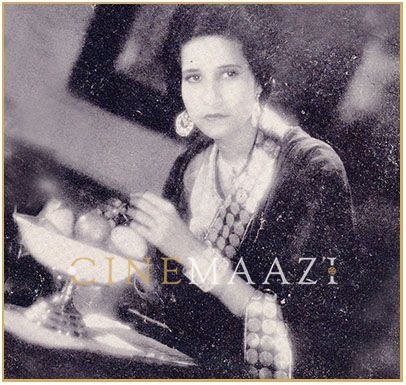
Subscribe to read full article
This section is for paid subscribers only. Our subscription is only $37/- for one full year.
You get unlimited access to all paid section and features on the website with this subscription.
Not ready for a full subscription?
You can access this article for $2 , and have it saved to your account for one year.
- Born: 10 October, 1919 (Agra)
- Died: 24 November, 2005 (Calutta)
- Primary Cinema: Bengali
- Parents: Puran Gupta
- Spouse: P C Barua
- Children: Deb Kumar Barua, Rajat Barua and Prasun Barua
Memorable for being the first Paro of the Indian talkies, having played the female lead in Devdas (1935), Jamuna Barua went on to work in several films in Assamese, Bengali and Hindi. Some of these include Amiri (1945), Pehchan (1946), Iran Ki Ek Raat (1949), Mukti (1936), Adhikar (1939) and Sesh Uttar (1942). Married to the legendary actor and filmmaker, P C Barua, who was already twice-married and hailed from the native Indian state of Gauripur, Assam, Jamuna starred in several films directed by him including Grihadaha (1936), Maya (1936), Uttarayan (1941), Chander Kalanka (1944) and the respective Hindi versions of each film. She also proved her mettle in films not directed by Barua, such as Debar (1943), Nilanguriya (1943), Malancha (1953) and its Hindi version Phulwari (1953).Following Barua’s death in 1951, she quit films to take care of their three minor children, and wage a legal battle with the powerful Gauripur estate to ensure her children’s rights.
Born, the fourth of six daughters of Puran Gupta, in a village near Agra on 10 October, 1919, Jamuna, like her sisters, was named after a famous Indian river. Moving to Calcutta, which was a leading film production centre at the time, she started off with a small role in Pramathesh Chandra Barua—better known as P C Barua—’s 1934 directorial, Mohabbat Ki Kasauti (1934), the Hindi version of Rooplekha (Bengali). A semi-historical, the film was a New Theatres production. She made a splash when she was cast by Barua in his Devdas (1935). The story goes that she and Barua were already involved romantically when the film went on the floors. When the lead actress claimed she was unable to attend the first day’s shoot, Jamuna was asked to fill in right away minus any preparation. She did and ended up becoming the first Parvati or Paro of the talkie era, the first of many who would go on to play the role—previously in the silent version of the popular Sarat Chandra novel, Miss Light had played the said role. Devdas brought Jamuna acclaim, and she went on to act in several of Barua’s films including Grihadaha, Maya, Adhikar (1939), Uttarayan, Shesh Uttar (1942), and Chander Kalanka. When Barua left New Theatres to strike out independently as a filmmaker, she starred in his Hindi films such as Amiri, Pehchan and Iran Ki Ek Raat.
Other than completing the shooting of Malancha, Jamuna withdrew from films after the untimely demise of P C Barua in 1951. He was only 48. She also fought a legal battle against the influential royal Gauripur estate, in order to secure the rights of her three minor children with Barua—Deb Kumar, Rajat and Prasun. She eventually gained ownership of the house along with the adjoining land, as well as an allowance. Later in life, she attended functions to celebrate the centenary celebrations of P C Barua, and received felicitations by the Government of India and the state government of Assam for being the original Paro of Indian talkies.
Jamuna Barua passed away on 24 November, 2005, aged 86, in Kolkata.








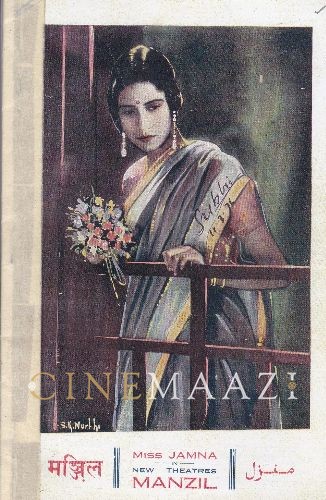
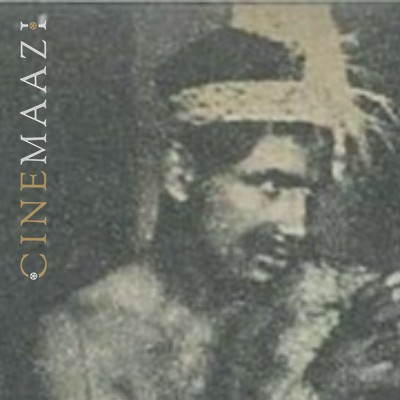
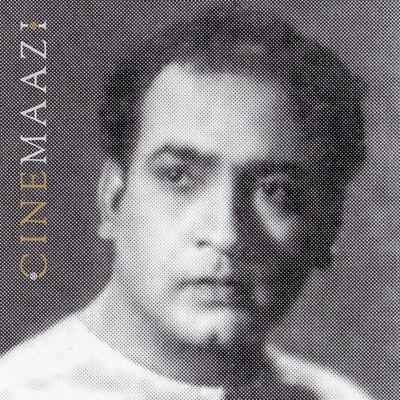
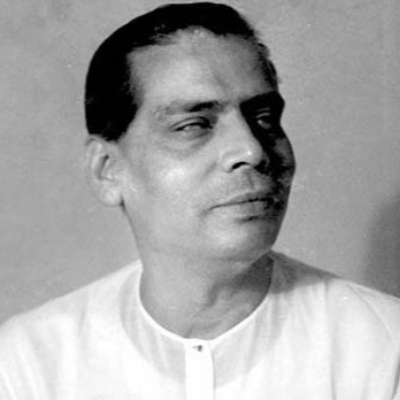

.jpg)



